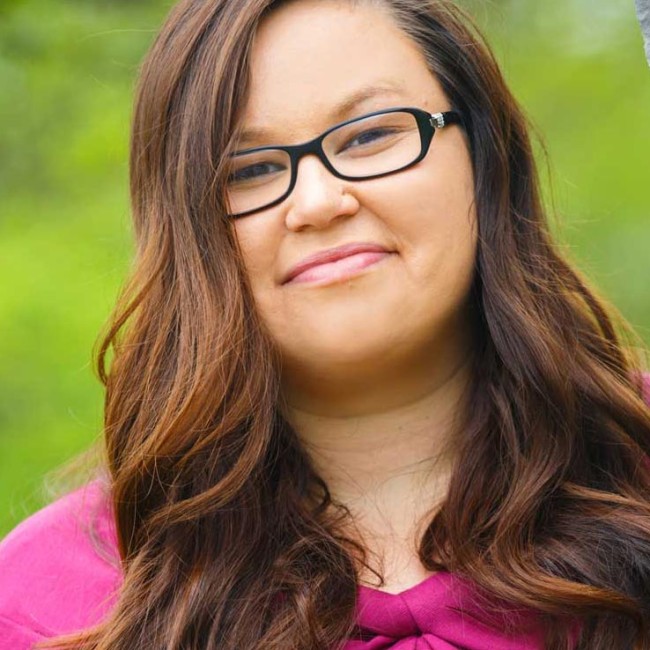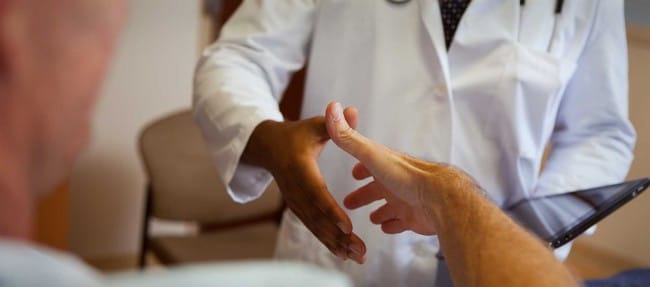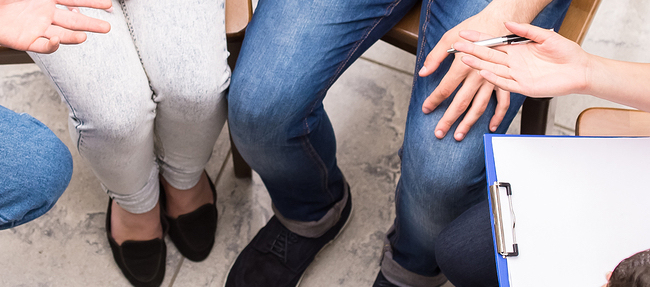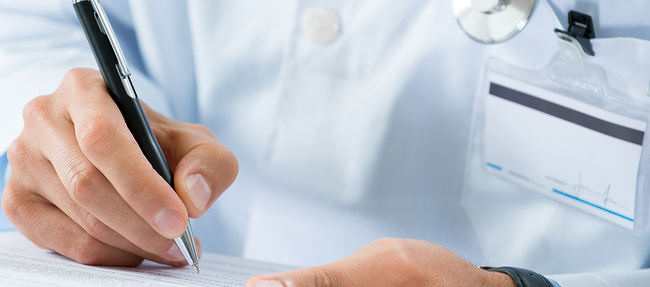The Importance of Aftercare
Prepare for Recovery
Back to the Community
Transitioning from treatment to aftercare can be intimidating, that’s why at SDATC we include aftercare planning in the client’s treatment plan beginning at admission. Aftercare is an important component of rehabilitation, so to be prepared for life after treatment, planning begins to take shape long before discharge papers are signed. As the discharge date approaches, the client is fine-tuning his recovery plan in anticipation of a return to living in the community – but this time sober.
Solid Planning
While you’re at SDATC, during therapy and educational groups you and your peers will talk a lot about how life is going to be different without alcohol or drug use. With all of the stressors of the “real world” it’s easy to get triggered in situations with family, relationships, your job, and hanging out with those friends who always seemed to be around when you were using. By considering these situations before you get out of rehab, you’ll have a better chance of long-term recovery. Elements of a solid aftercare plan include:
- Continuing individual and/or family therapy sessions on outpatient basis
- Scheduling follow up medical appointments with primary care physicians, psychiatrists, and other medical providers as appropriate
- Committing to attend peer support groups or 12-Step meetings
- Working with a 12-Step sponsor
- Developing a plan for relapse prevention
Relapse Prevention
A thorough aftercare plan will outline specific strategies that the client has identified as effective and has practiced during treatment. These strategies and coping skills minimize the chances of triggers that may cause relapse. Strategies many include:
– Not hanging around old friends that may still use drugs
– Gathering information for going back to school
– Getting referrals for volunteer activities
– Being involved with sports, hobby groups, and sober outings
Completing tasks and meaningful action items, no matter how small, can help clients make initial steps towards finding sober leisure activities and achieving personal goals.
After Graduation
After graduating from the San Diego Addiction Treatment Center program, we suggest you stay in touch with your peers you worked with during treatment. They’ll be good sober buddies to hang out with, go to local recovery groups and 12-Step meetings. Also, graduating from SDATC or any American Addiction Centers program automatically makes you eligible for membership in our AAC Alumni program.

Our Alumni Team: Nicole Vasquez
Nicole joined American Addiction Centers in 2013, originally hailing from San Diego, CA. Her current position as Alumni Coordinator allows her the opportunity to coordinate and participate in alumni events, as well as maintain relationships with AAC’s alumni, family, and friends. Having been in recovery for multiple years, Nicole’s passion is giving back and helping others. Whether supporting those in recovery or advising those with loved ones in crisis, Nicole has helped many who struggle with addiction to arrive at and succeed in treatment.
Start your recovery today (619) 577-4483
AAC Alums
Reach Out
After graduating from their treatment program at SDATC, we recommend alumni get connected with the local sober activities and organizations that promote recovery in their community. Reaching out to others in recovery can help ease the difficult transition from the treatment setting to recovery in real-life settings.
Sober Lifestyle
Helpful sober activities such as maintaining contact with fellow SDATC alumni and peers from treatment, joining AAC’s Alumni group, attending community 12-Step meetings, and if desired, seeking out Sober Living housing. Sober Living houses provide a structured living environment with a quiet lifestyle living with other residents working on their recovery.



